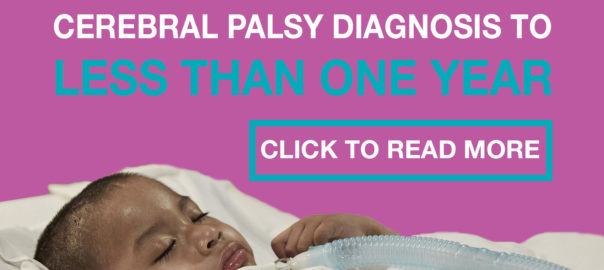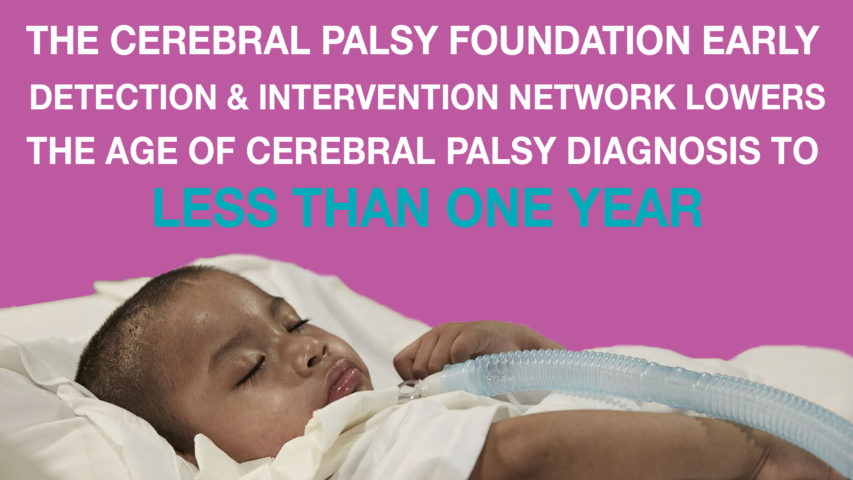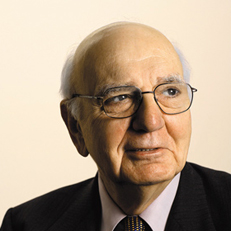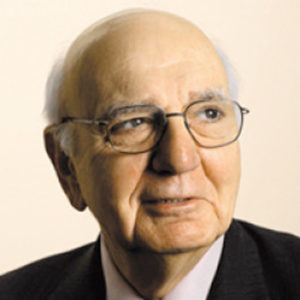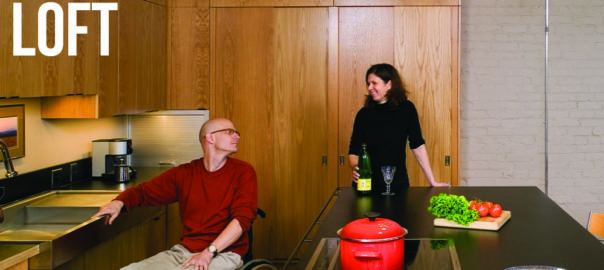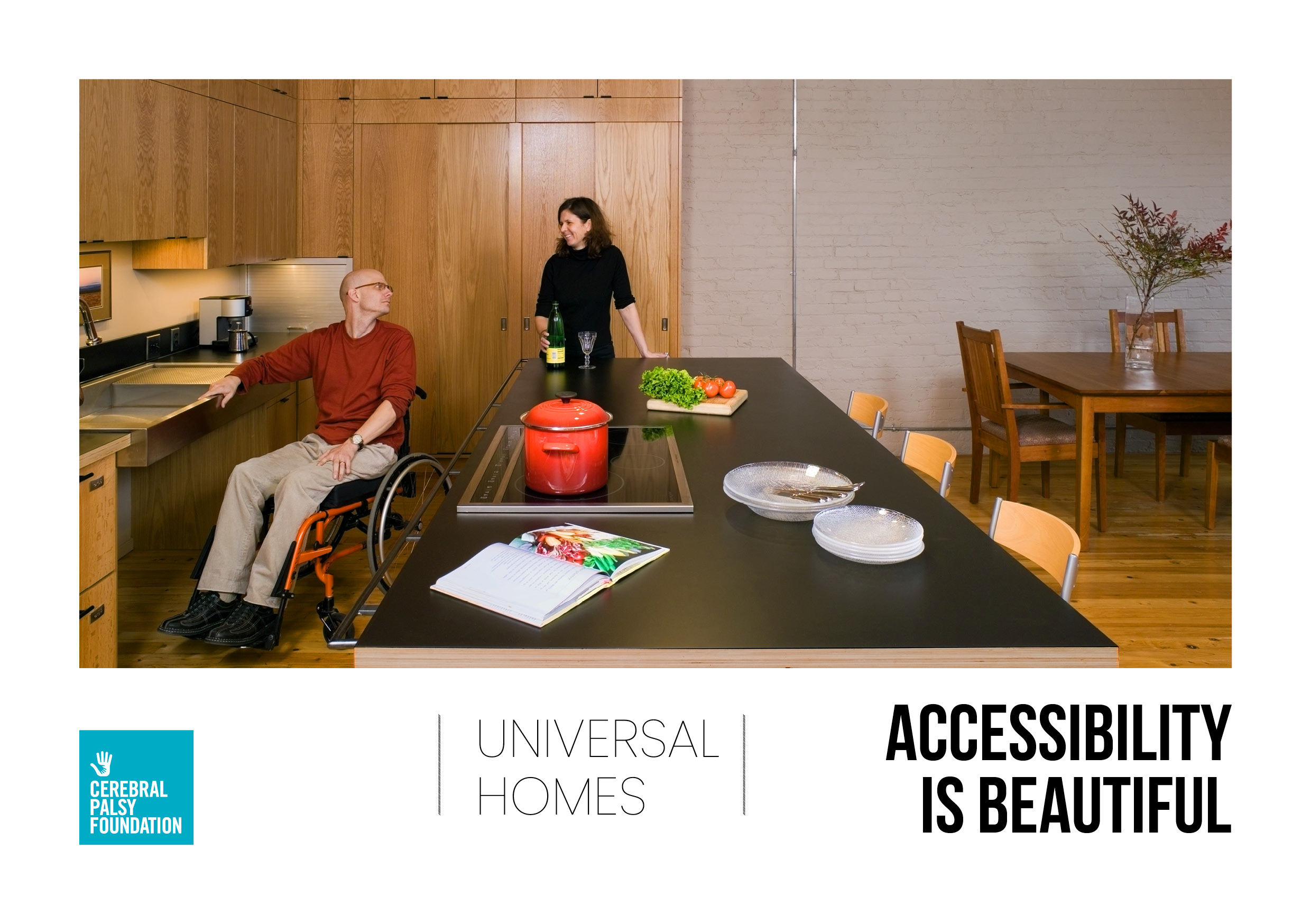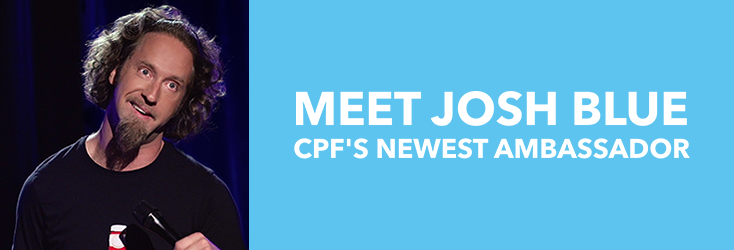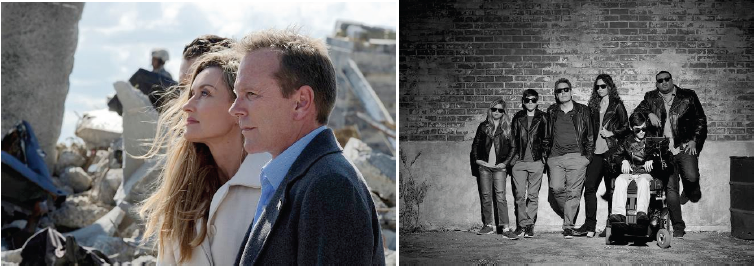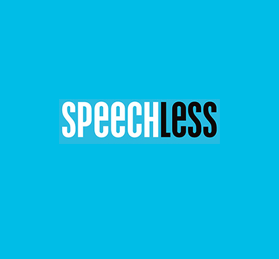FOR IMMEDIATE RELEASE
JUNE 2020
Cerebral Palsy Foundation Early Detection & Intervention Network Lowers the Age of Cerebral Palsy Diagnosis to Less Than One Year
New Hope for Families
The May 2020 issue of PEDIATRICS the Official Journal of the American Academy of Pediatrics, highlighted the results of the Cerebral Palsy Foundation Early Detection & Intervention Network reflecting the first time a US based hospital network has shown the age of cerebral palsy (CP) diagnosis can be lowered from approximately two-years of age to 9.5 months – leading to earlier intervention possibilities and better long term outcomes.
Cerebral Palsy is the most common lifelong motor disability impacting more than 1,000,000 Americans and more than 17,000,000 people worldwide. Earlier diagnosis of cerebral palsy (CP) is critical to begin treatment as early as possible leading to improved long-term outcomes.
Utilizing international guidelines in the US, the five institutions making up the Cerebral Palsy Foundation Early Detection & Intervention Network reduced the age of CP diagnosis in high-risk infant follow-up programs.
Rachel Byrne, Executive Director of the Cerebral Palsy Foundation for this study explains “In 2019 we showed that international guidelines could be successfully implemented through our network model with remarkable results at our collaborating sites including Nationwide Children’s Hospital, UCLA Medical Center, University of Utah Medical Center, UT Health Houston, and Kennedy Kreiger Institute at Johns Hopkins. Our partnership with Nationwide Children’s Hospital has resulted in over 1400 providers being trained in early detection assessments across the country to date. Our goal is for this to be the new standard of care in all NICU high risk follow up programs across the country.”
Dr. Nathalie Maitre, Neonatologist at Nationwide Children’s Hospital and Principal Investigator of the network adds “We have now shown that large-scale implementation of international guidelines for early detection of Cerebral Palsy is feasible in diverse high-risk infant follow-up clinics. This step forward in cerebral palsy implementation research will positively change lives. It gives me hope that we will continue to develop effective early interventions that will lead to better outcomes and quality of life.”
The Cerebral Palsy Foundation is in the 3rd year of co-hosting the Cerebral Palsy Foundation Annual Implementation of Early Detection and Intervention for Cerebral Palsy Conference attended by 350 clinicians, researchers and administrators. International efforts for early
detection and intervention by leading an international working group have also been expanded the Cerebral Palsy Foundation to develop a global consensus for implementation.
To read more about these results, click here https://www.eurekalert.org/pub_releases/2020-05/nch-han052720.php

